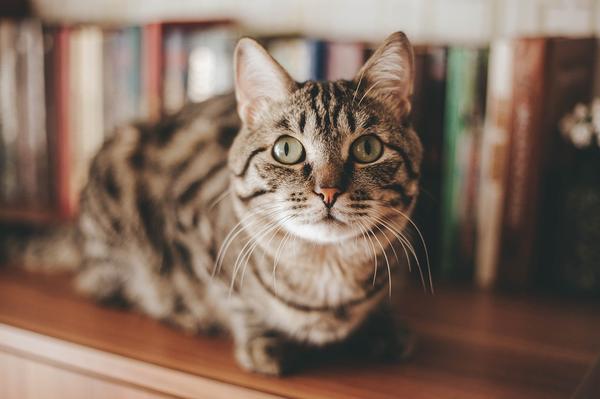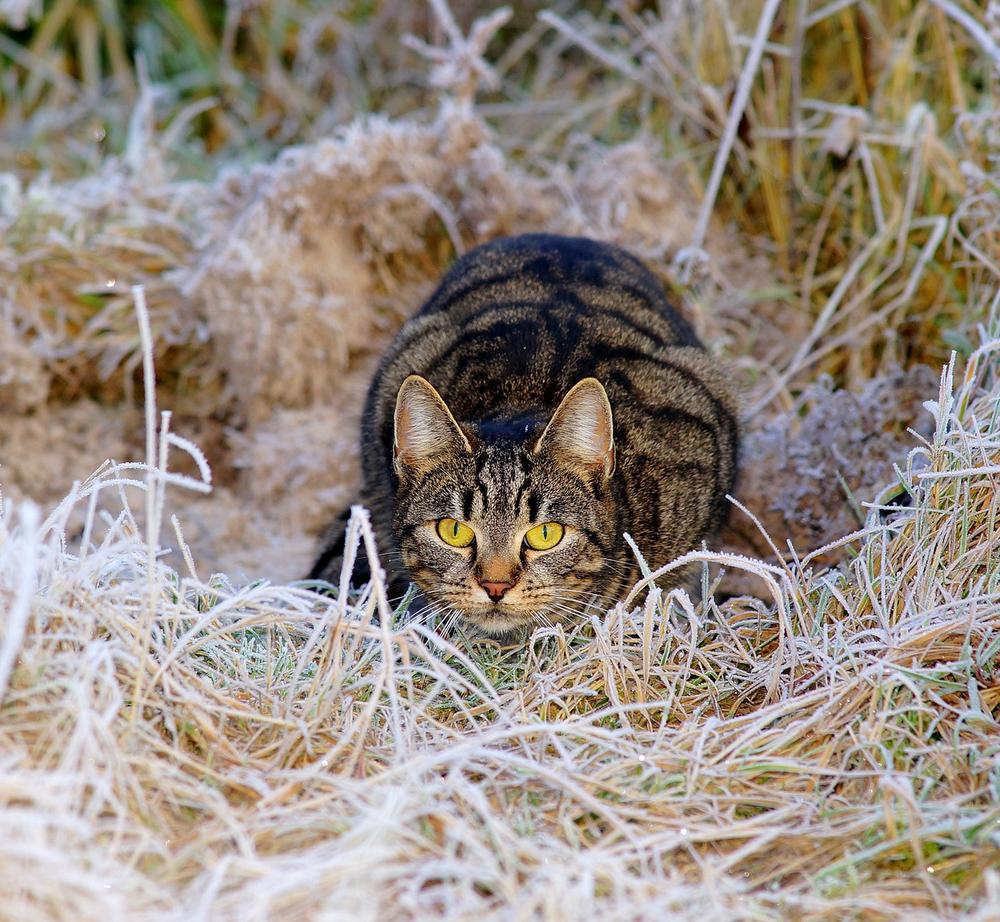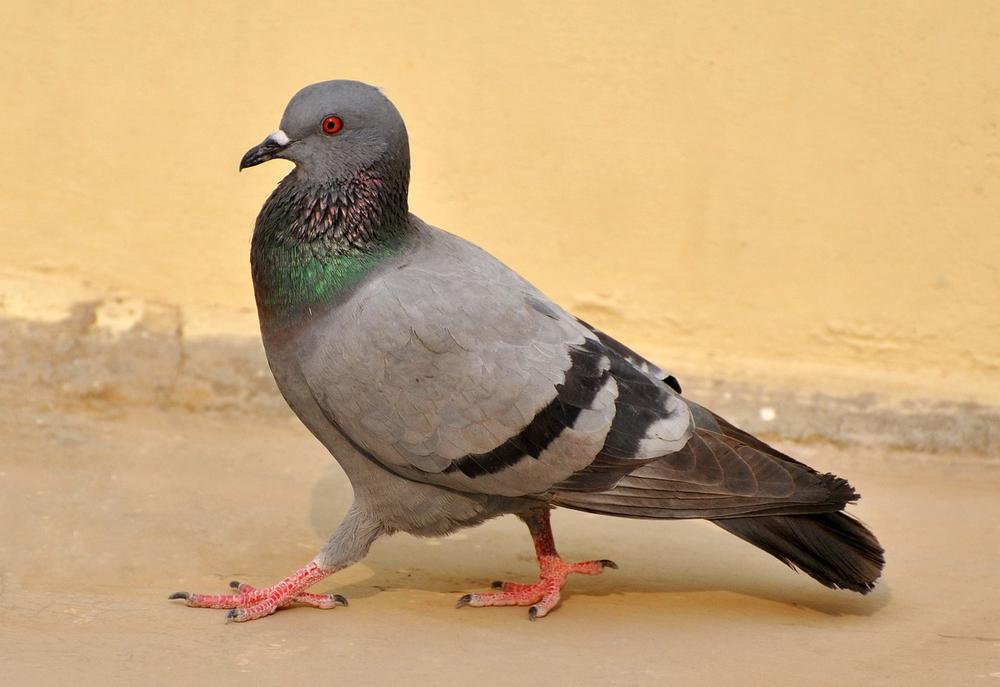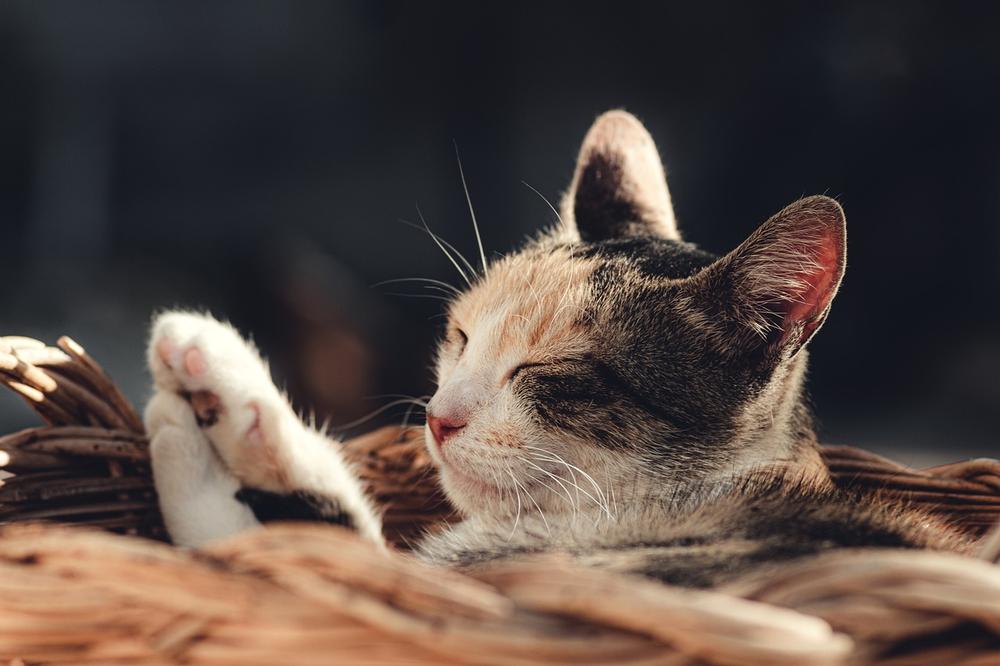Why Does Your Cat Sound Like a Pigeon? (Answered)

What's that sound?
Is it a cat, or a pigeon? 🐱
You're not alone in this confusing symphony of feline noises.
Ever wondered why your cat sounds like a pigeon?
Let's unravel this feathered mystery together.
Let's begin.
Cat Communication 101: Cracking the Code of Pigeon-Like Noises
Trilling: The joyful sound of cat communication
Ah, trilling.
It's the pure feline bliss when your cat combines a purr and a meow.
You know exactly what I mean if you've heard it before.
Trilling is how cats show their happiness and contentment. It comes with a gentle vibrating sound, like a motor running at full speed. Trust me, it's music to your ears.
Cooing and chirruping: Expressions of curiosity and affection
But wait, there's more to a cat's repertoire!

They have another trick up their furry sleeves - cooing or chirruping.
It's a melodic sound they use to express curiosity or show affection.
When your cat is checking out something new or wants some cuddle time with you, you might hear this charming sound. It's hard to resist!
Every cat has its own unique voice
Here's something truly amazing about cat communication:
Every kitty has its distinct voice, just like us.
It's not just about being unique; certain cat breeds are talkative by nature.
So, if you have one of those chatty feline friends, get ready for some delightful conversations that may include important or downright adorable things they want to share with you.
Main points I'll expand upon further down this article:
- Cats make pigeon-like noises for various reasons, including seeking attention, expressing excitement or dissatisfaction, wanting affection, and imitating bird sounds.
- Trilling is a positive form of communication in cats that signifies love and pleasure.
- Cats have 21 distinct vocalizations and display a more advanced vocal repertoire compared to other carnivores.
- Domestic cats raised around humans develop meowing skills, while those without such exposure produce high-pitched squeaks.
- Some cats engage in unique vocalizations like chattering when they spot birds, mimicking bird calls.
- Rarely, some cats may even utter a few words, although this is not common.
- When your cat sounds like a pigeon, it is often a sign that they are content and enjoy spending time with you.
- Ignoring your cat for too long can lead to these strange noises as they try to get your attention.
- Bonding and cuddling with your cat when they make these noises can strengthen your relationship.
- Changes in vocalizations may indicate illness, so sudden pigeon-like sounds should be evaluated by a veterinarian.
Understanding Cat Vocalizations: The Pigeon-Like Sound
Cats make pigeon-like sounds to mimic bird calls and attract prey. It could be a way to seek attention, show excitement, or express dissatisfaction. Trilling is another vocalization cats use to say hello and demand attention. Some cats even imitate bird calls to display their hunting skills.
Your cat making pigeon-like sounds?
Let me explain why.
Cats make these noises to tap into their hunting instincts.
They sound like birds to attract prey or show excitement.
Why does your cat do it?
Maybe seeking attention or showing dissatisfaction.
Could be wanting affection or mimicking bird sounds.
Cats also trill, a short hum for love and contentment.
Trilling is how they say hello and demand attention. Cats have 21 distinct vocalizations thanks to their unique face shape. Ever wonder why domestic cats meow?

It's because they've learned to communicate with us humans.
But feral cats produce cute high-pitched squeaks instead.
Here's the amazing part!
Some cats chatter when they see birds. It's their way of imitating bird calls and showing off their hunting skills.
And get this, a few cats can even speak!
Yep, you heard right.
But don't get too excited, it's rare and not recommended.
And speaking of strange noises cats make, if you're curious about why cats make noise when they jump and whether it's normal or a sign of potential issues, I have just the article for you.
In my guide, Why Do Cats Make Noise When They Jump, I delve into the various reasons behind these sounds and help you determine if there is cause for concern.
It's a must-read for any cat owner seeking to understand their furball's behavior.
Helpful Tips: How to Respond When Your Cat Sounds Like a Pigeon
If your cat is sounding like a pigeon, I've got some tips that can help you out and keep your furry pal happy.

Check these out:
- Get involved in playtime with your cat using feather toys or laser pointers. This way, their playful energy gets redirected and they won't rely on those pigeon sounds to grab your attention.
- Remember, those weird noises mean your cat is content and enjoys hanging out with you. So, give 'em love and cuddles when they make those sounds. Reward the behavior with treats and petting to strengthen your bond.
- Don't forget to create an "activity center" at home with a scratching post. It'll keep your cat mentally focused and entertained, reducing the chances of excessive pigeon-like sounds.
- Avoid ignoring your cat for too long. Ignoring them will only make them resort to more pigeon-like noises as a way to get your attention.
- Keep an eye out for any changes in vocalization. If your cat suddenly starts making different or strange sounds, it could be a sign of infection or allergies. Take them to the vet if there's fever, loss of appetite, increased litter-box usage, or any injuries around the face and throat.
- Different vocalizations, like loud cries, hissing, growling, or prolonged yowls, may indicate distress, irritation, or heat cycles. Pay attention to these signals and respond accordingly.
By following these tips, you can better understand and respond to your cat's pigeon-like sounds. This way, you ensure their happiness and strengthen your special connection. 😺
And that wraps up today's article.
If you wish to read more of my useful articles, I recommend you check out some of these: Elderly Cat Yowling, Why Does My Cat Want Me to Watch Her Eat, Why Does My Cat Sleep Between My Legs, Why Do Cats Bury Their Heads, and Hissing in Newborn Kittens
Talk soon,
-Sarah Davis